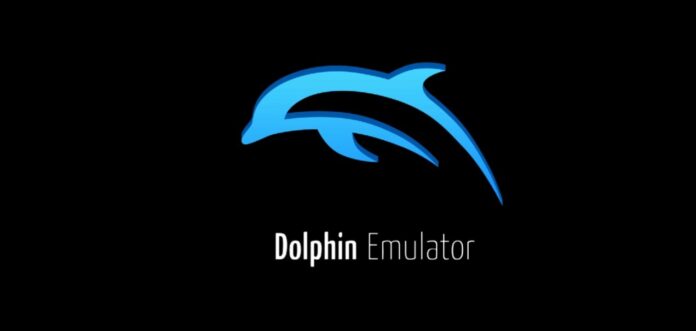Dolphin is a powerful emulator that allows you to play games on your Android device. However, if you’re like most Android users, you’ve experienced the dreaded “lagging” issue at some point. In this blog post, we will discuss the various causes of lagging in Dolphin and provide some tips on how to fix it. From optimizing your device for Dolphin to disabling unnecessary apps, we will cover everything you need to stop Dolphin from lagging on Android.
What is Dolphin Emulator and what does it do?
Dolphin emulator is a powerful Android emulator that allows users to run Android apps and games on their computer. Dolphin emulator is also known for its high performance and responsiveness. However, due to the popularity of Dolphin emulator lagging, some users have reported issues with the emulator lagging or freezing on their devices. In this article, we will discuss how to fix Dolphin emulator lagging on Android.
There are a few things that you can do to fix Dolphin emulator lagging on Android: First, make sure that your device has enough memory. If you experience lag with Dolphin emulator, reducing the number of open applications or programs in the background may help free up more memory for the emulator.
Second, try disabling unnecessary animations and effects in the settings of Dolphin emulator. These effects can sometimes add extra frames to the overall animation and can cause lag.
Finally, if you’re using a custom ROM or Kernel on your device, make sure that it’s compatible with Dolphin Emulator. Some modifications to the system can cause Dolphin emulator to lag or freeze on devices.
How to fix Dolphin Emulator lagging on Android
If you’re hearing that Dolphin emulator is lagging on Android devices, there are a few potential causes and some solutions. Here’s how to stop it from happening in the future.
Dolphin emulator can lag for a number of reasons: First, if your device isn’t powerful enough to run Dolphin smoothly, it will struggle to keep up with the emulator. Second, if your phone or tablet is loaded with dozens of applications running in the background, they can all take away from the experience of play gaming on Dolphin – leaving you feeling queasy and jittery. Finally, if your phone or tablet has low storage capacity, installing more apps will only make things worse.
To alleviate some of these issues, you’ll want to make sure that your device meets certain minimum specs before trying out Dolphin: Your device should have at least 1GB of RAM and an ARMv7 processor or better. Additionally, make sure that you’re not loading too many background applications – we recommend keeping them at around five or six max. And finally, try freeing up some space on your device by removing unused apps and files.
If all else fails (and sometimes it does!), there are a few tips that might help improve performance overall: First off, be sure to calibrate your screen settings so that they match those used during development – this can help get rid of any additional lag caused by incorrect settings. Secondly, disable animations and effects when playing games – they can often
Conclusion
Dolphin emulator on Android can be laggy, especially when playing games that require a lot of processing power. There are several things you can do to try and improve the performance of Dolphin on your Android device. Firstly, make sure your phone has the latest version of Android installed.
Secondly, try disabling any unnecessary apps that are running in the background. Thirdly, clear your RAM at least once a day to free up space for Dolphin to use. Finally, make sure your device has adequate storage space – too much data being transferred between your phone and the emulator will cause it to lag.








